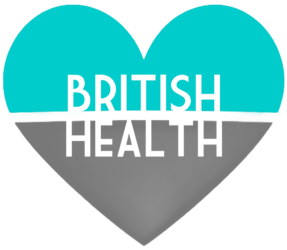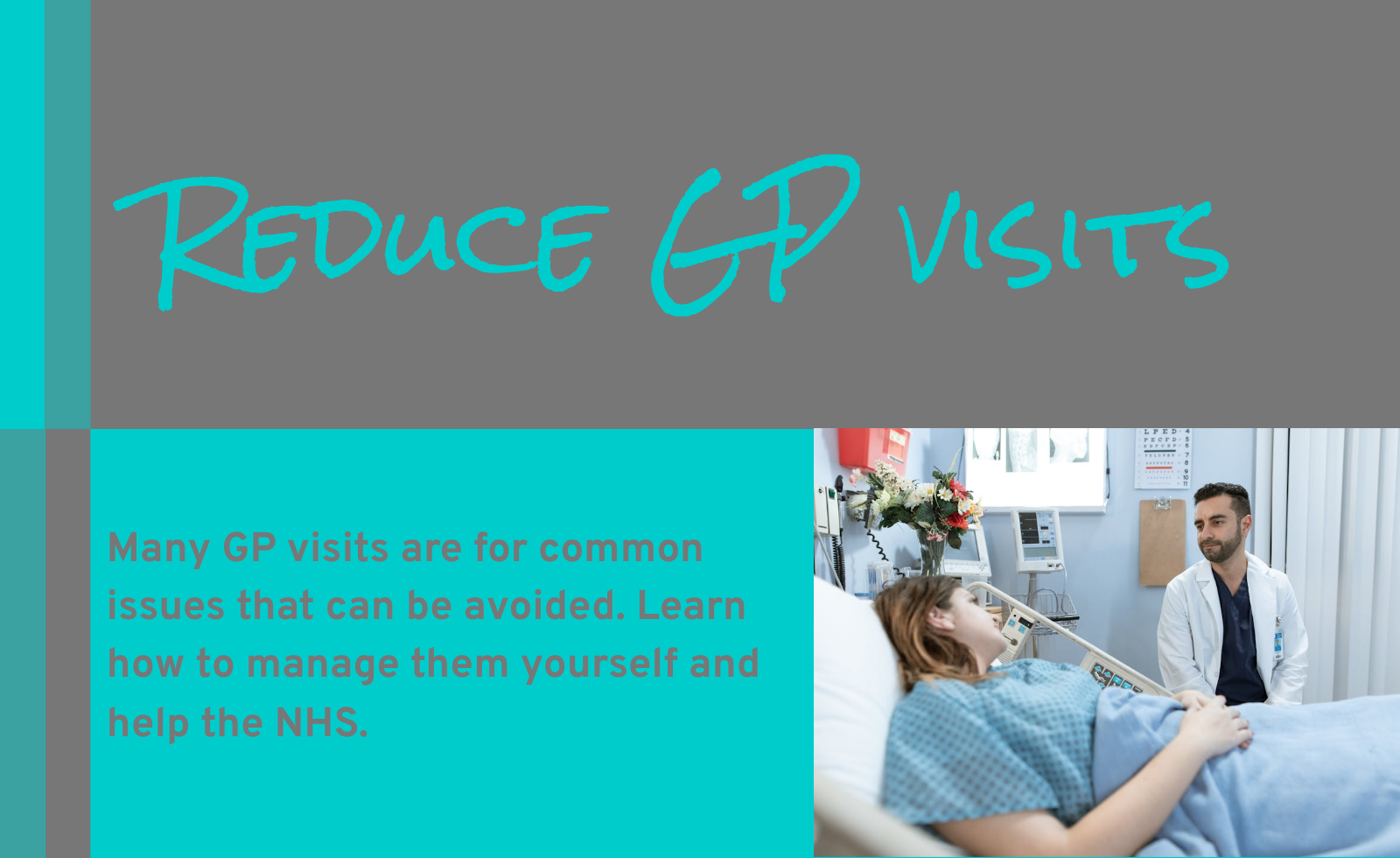Visiting the general practitioner (GP) can often feel necessary, yet many ailments prompting these trips can be effectively managed or prevented. By understanding certain common conditions, we can save ourselves from unnecessary appointments and reduce the burden on the NHS.
Several ailments often lead individuals to seek medical advice, many of which can be avoided through simple lifestyle changes and proactive self-care. Please note this article is for research and guidance and does not constitute medical advice. Always consult your GP if persistent symptoms concern you.
Here are a few common issues and tips on how to steer clear of them:
1. Common Cold
The common cold is one of the most common reasons people visit the GP. Symptoms include a runny nose, sore throat, and cough. To help avoid catching a cold, practice good hygiene: wash your hands frequently, avoid close contact with sick individuals, and boost your immunity by consuming a balanced diet rich in vitamins.

2. Seasonal Allergies
Seasonal allergies can dramatically affect your quality of life, leading many to seek treatment. To minimise symptoms, try to identify your triggers and limit exposure. Keeping windows closed during high pollen times, using air purifiers, and washing clothes after outdoor activities can significantly help. Over-the-counter antihistamines can alleviate symptoms without a doctor’s visit.

3. Minor Injuries
Minor injuries such as sprains and strains often lead to visits for pain relief and advice. Many of these can be treated at home using R.I.C.E. (Rest, Ice, Compression, Elevation). For cuts and bruises, clean the area properly, apply an antibiotic ointment, and cover it with a bandage. This approach can save time and resources typically spent at the doctor’s office.

4. Digestive Issues
From mild indigestion to bloating, digestive problems are common and can be avoidable. Adopting a diet rich in fibre and staying hydrated helps maintain digestive health. Regular physical activity also improves digestion. If symptoms persist, over-the-counter medications can often resolve mild issues without necessitating a GP visit.

5. Stress and Anxiety
Stress and anxiety can manifest physically, prompting many to seek medical assistance. Preventative measures like exercising, practising mindfulness, and maintaining a healthy work-life balance can be beneficial. Consider also developing hobbies or socialising more, which can aid in stress relief. If anxiety or depression are affecting your professional or domestic life, always seek medical assistance.

6. Vaccinations
How to Treat Without Overburdening the NHS
The annual winter flu jab saves thousands of lives and a huge amount of NHS resources in avoiding influenza outbreaks. Ask your employer or pharmacist about getting the flu jab this winter.

Overall, understanding these common ailments and having a proactive approach to health can reduce the frequency of doctor visits. Many minor ailments can be managed through self-care, over-the-counter treatments, and lifestyle adjustments. This not only bolsters personal health but also supports the NHS by allowing more severe cases to be prioritised.
Remember to always keep informed, and consult your GP if problems persist or become significant.


